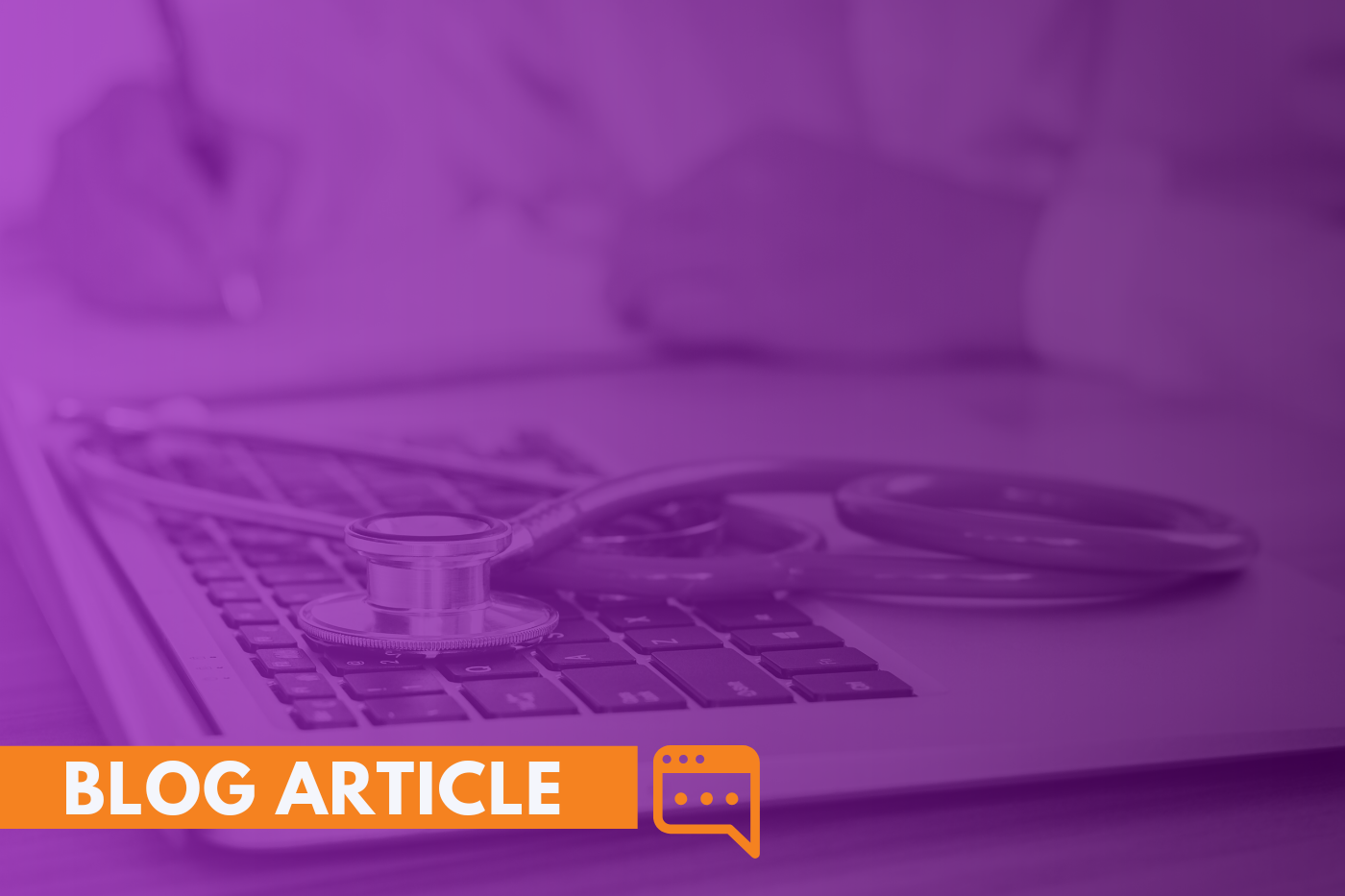

In a changing economy, it’s hard enough for healthcare organizations to stay efficient and profitable. But throw in a rapidly shifting technology landscape, powerful and persistent cybersecurity threats, and newly evolving regulatory compliance standards to the mix – and you have quite the complex journey ahead.
Today’s healthcare organizations – whether they’re in the throes of R&D or on the front lines of patient care – face growing risks and IT security challenges that threaten to negatively impact not only their day-to-day operations but their future successes. From ambulatory practices and specialty health centers to life sciences companies, long-term care organizations and managed care plans, the healthcare industry is navigating an increasingly intricate web of cybersecurity risks, compliance demands, and operational pressures.
To stay ahead, organizations must address critical IT security challenges and develop a resilient security strategy to safeguard operations, ensure compliance, and maintain the trust of patients and partners in an era of constant change.
Skilled IT and security expertise is hard to come by, as evidenced by the continued labor shortage in the U.S. Unfortunately, the convergence of complex healthcare IT systems and advanced cybersecurity needs has only amplified the problem – and left companies struggling to keep up. With a competitive hiring market driving up personnel costs and increasing turnover, companies may consider managed IT services for healthcare, through which they can benefit from deeper resources and specialized IT. expertise
Healthcare companies are security targets – plain and simple. Data breaches reported to the Department of Health and Human Services (HHS) Office for Civil Rights in January 2025 were up more than 8 percent over 2024 averages. That’s why it’s essential for organizations to get proactive against modern-day threats and implement technologies and controls built to withstand today’s advanced phishing scams and ransomware threats. The healthcare industry should consider proactive security measures such as:
Patient files aren’t safely tucked away in a locked filing cabinet anymore. There’s a virtually limitless attack surface for healthcare organizations, and it’s not enough to put a fancy lock on the door and hope for the best. Your IT and security stack must include technology, people and processes to mitigate risk across every layer of your environment. That means not only protecting company and patient data itself, but the endpoints it sits on, the network through which it transmits, and the people responsible for its collection, storage, transmission, and disposal. These healthcare security best practices should feature prominently in your data privacy planning:
Healthcare remains one of the most highly regulated industries, and maintaining compliance with complex frameworks like HIPAA and HITECH requires significant time, resources and expertise. Furthermore, these standards continue to evolve to meet changing risks, and healthcare companies must remain informed and agile to ensure effective IT compliance. Regular compliance audits or assessments can help healthcare organizations identify potential compliance gaps before they lead to penalties as well as ease the administrative burden associated with regulatory compliance. Consultation with experienced HIPAA compliance experts and virtual CISOs can enable a smooth compliance process that also frees up internal time for other priorities.
Tech sprawl is a real challenge today, and as hybrid IT environments become the norm, even for healthcare companies, it’s imperative that organizations address the increasing complexity associated with secure network access and connectivity. Multiple practice sites, remote locations, cloud applications and access points means patient data is traversing potential vulnerable networks. Traditional internet is not suited for healthcare data transmission, and companies should look to private, secure, managed connectivity solutions that can deliver faster and more reliable access to offices and applications while ensuring patient data remains protected against sophisticated threats.
Artificial intelligence offers promising capabilities for healthcare companies, but AI adoption should not be considered lightly as it can introduce both additional complexity and security risks into an organization’s operating environment. Automating tasks such as security threat detection or incident response workflows can lend powerful capabilities and strength to the risk management function, for example, but implementation of AI toolsets or applications should be carefully evaluated alongside cost vs. benefit as well as considered in the totality of an organization’s broad IT architecture.
The landscape for healthcare services and life sciences organizations is increasingly complex, and the challenges noted above will only continue to evolve and present new obstacles over time. Partnering with a healthcare MSP (managed service provider) is an effective means of enabling your healthcare IT operations while ensuring the continued security of patient data in compliance with growing regulatory requirements.
Could your healthcare company benefit from experienced IT support, cybersecurity prevention and response, and HIPAA data privacy expertise? Let our team at Omega Systems help. Contact us to talk about your healthcare IT needs today.